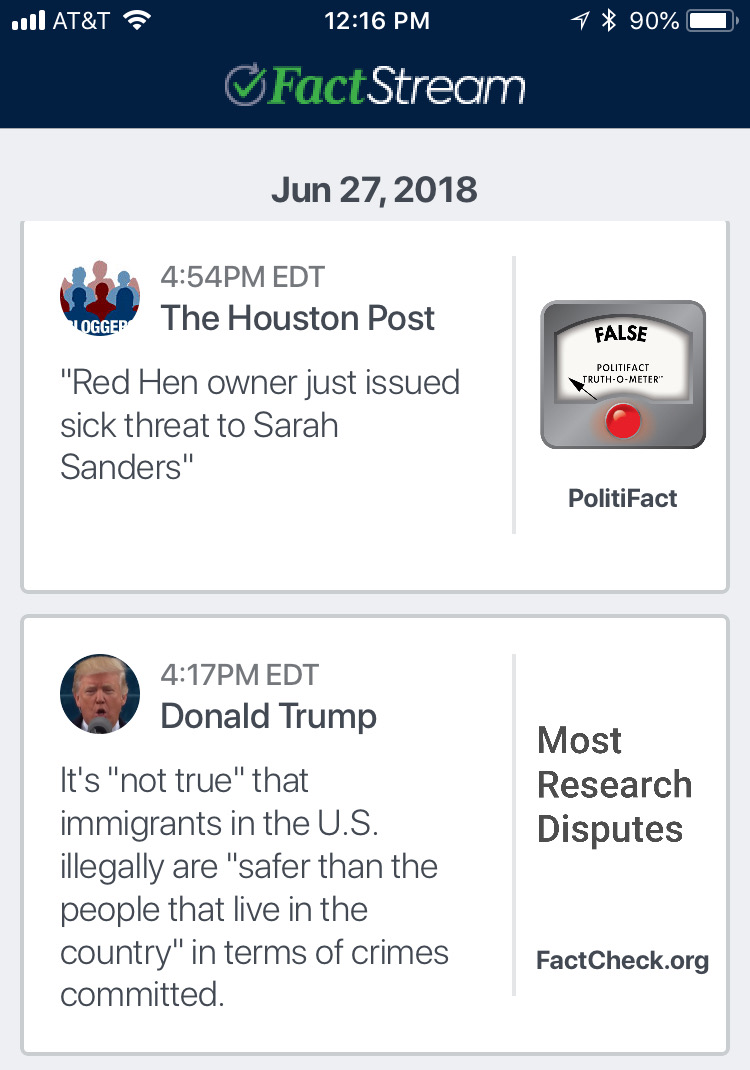3: AI in Journalism
Artificial Intelligence is changing many industries, including journalism. AI helps create news stories, analyze data, and check facts.
AI tools, such as Wordsmith and Heliograf, can go through large amounts of data and turn it into news stories in real time. These tools help news organizations produce stories quickly and on a large scale, which is important in today’s fast-paced world. However, while AI is good at handling simple tasks, it cannot match the creativity and deeper understanding that human journalists bring to complex stories.
AI is also helping data journalism by making it easier for reporters to analyze big sets of data. AI can sort through large amounts of information, looking for patterns or trends that might not be easy to spot manually. This is especially useful in investigative journalism, where reporters may need to examine government databases, leaked documents, or social media to find stories about corruption or other important issues.
AI can also be used in natural language processing to analyze text. For example, AI can figure out the tone of political speeches, see what people are saying on social media, or summarize big reports, all of which save time for journalists.
AI is playing a big role in fighting misinformation. Automated fact-checking tools use AI to check the accuracy of statements made by public figures or in news stories. Projects like Full Fact in the UK and FactStream in the US use AI to quickly compare claims to reliable sources, helping make fact-checking faster and more efficient. However, AI-driven fact-checking is not perfect. These tools depend on the quality of the databases they use and may have trouble understanding context or satire. Because of this, humans are still needed to make sure the facts are right.
While AI brings many benefits to journalism, it also raises ethical questions. There is also the risk that AI could be used to spread false information, especially with technologies like deepfakes, which can make fake videos or texts seem real. Another concern is bias. AI is trained using existing data, which might have biases related to race, gender, or politics. If not carefully managed, AI could create biased news stories.
AI is changing journalism by automating tasks, helping analyze data, and improving fact-checking. However, it also comes with ethical concerns about transparency, bias, and accountability. While AI can make journalism more efficient, it cannot replace the creativity and critical thinking of human journalists. Balancing AI's advantages with human oversight is essential to keeping journalism a valuable part of democracy.






Comments
Post a Comment